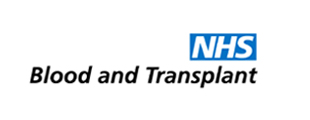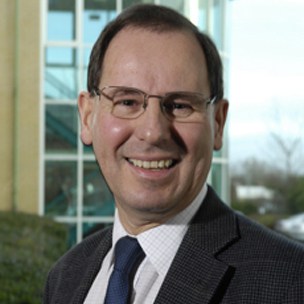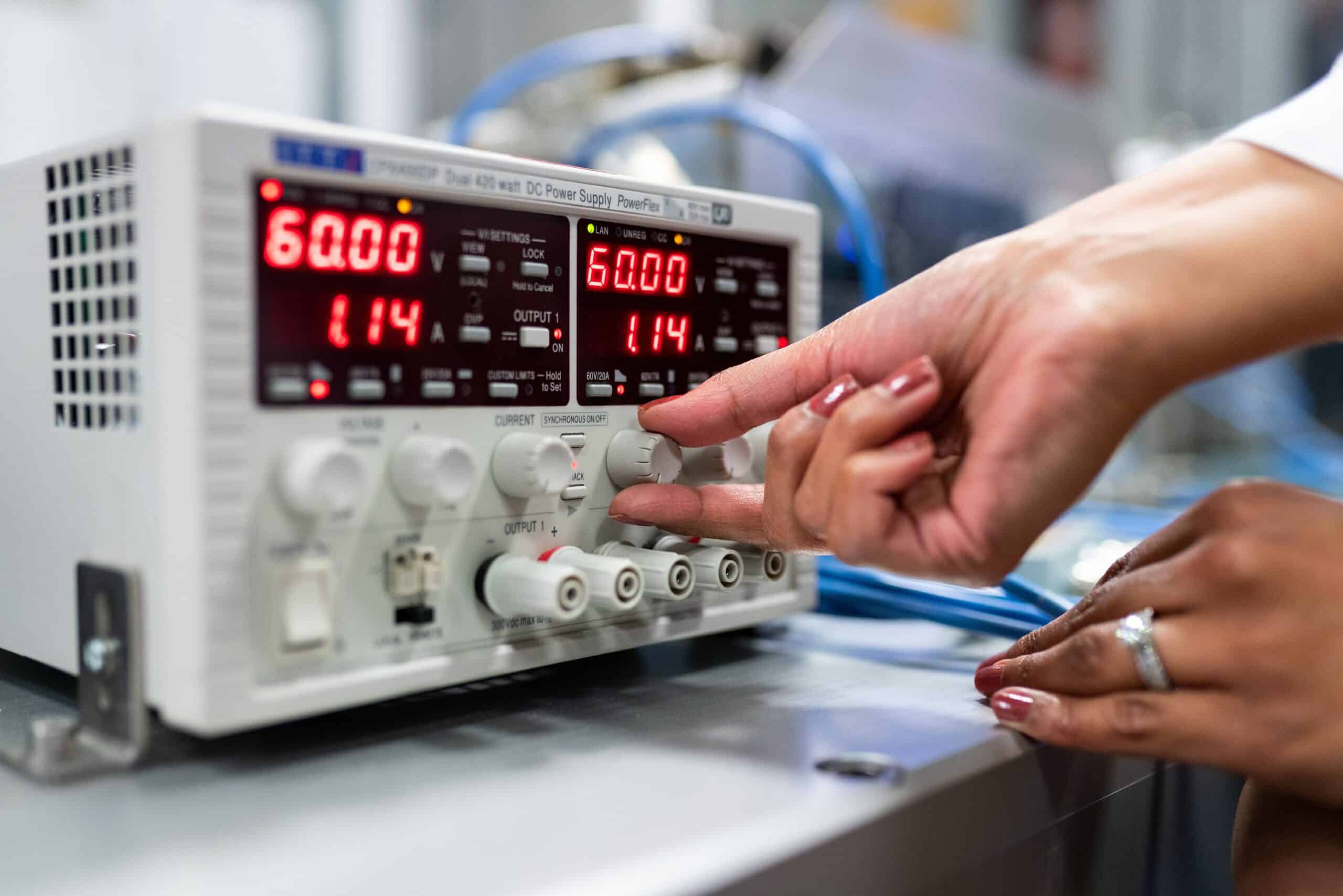Organ transplants save thousands of lives every year, but a lack of suitable donors means it’s essential that organs go to those that need them the most. That decision is made by NHS Blood and Transplant, where Dave Collett works as Associate Director of Statistics and Audit. Jacob Aron, a writer for the Maths Careers website, talked to him about using mathematical skills to decide which patients will get transplants and how to increase the number of registered donors.
What was it that first got you interested in maths?
I was always interested in mathematics. My father was very interested and I think he passed it on, he was highly numerate and had a fascination with numbers. It was always one of my favourite subjects at school, so that’s why I choose to pursue mathematics when I went to university. But until I went to university I’d had no exposure and no knowledge of statistics, so that was a whole new world that opened up in my undergraduate days.
Did you always want to do a job involving maths?
No, I suppose it started when I went to university to study for an undergraduate degree in mathematics, and I was persuaded then to study statistics in my first year. I enjoyed that very much, and that lead on to doing an MSc in statistics and a PhD. I then spent over 25 years teaching at the University of Reading, and that included eight years of running the Department of Applied Statistics there.
 How did you get in to your current job?
How did you get in to your current job?
In 2003 I saw this particular post was being advertised, and thought it was an ideal opportunity to do something a bit different and to make the most of my interests in the medical applications of statistics, and give me an opportunity to do statistical work that had a real bearing on the lives of patients.
So statisticians can make a real difference?
I think that’s right, statisticians are extremely useful to society and statistical skills are extremely important. Skills in problem solving, being able to analyse a problem and see through to a solution, all those sorts of things are developed through studying statistics. There are many many possible career pathways, all sorts of different areas use statistics, so statisticians are in very high demand.
What sort of problems do you work on?
One of the key obstacles to transplantation or organ donation is the consent rate, which is currently around about 60%, so four in 10 people will decline permission for the organs of their loved ones to go forward for organ transplantation. That’s one of the main factors restricting the number of transplants that can take place in this country. The mathematics comes in by being able to analyse data and to look at the factors that affect the consent rate, so we’re able to study the impact that the age group of a potential donor has, their ethnicity, and gender.
The main determinant of consent is ethnicity – those in black and ethic minorities are much less likely to consent for organ donation, and sadly they’re one of the groups that are in greater need of organs to transplant, particularly kidneys. By highlighting that through mathematics and statistics we can then guide our campaigns for increasing the number of organ donors, so that we focus more on the ethnic minorities in an attempt to persuade more of them to agree to organ donation.
What kind of maths do you need to know for your job?
The main area that is important for us is statistical modelling, which involves developing models for the survival time of patients from time of transplantation until death, and looking at factors that affect those times. A lot of work is based on statistical models of one sort or another, and for that you need to have a number of skills. One is of course an understanding of the mathematics underlying those models, and the assumptions that are made. Another is the ability to translate that into computer code to actually fit some of these models and analyse the data, and the skills to explain the results to clinicians.
Would A level biology also be useful?
I think you should do A levels in those subjects that are of interest to you. If you were contemplating anything involving biological sciences, medicine, and the application of mathematics and statistics in those areas, then an A level in biology would be a very useful thing.
And what if you don’t like maths, but want to work in this field?
Statistics need not involve too much heavy maths, so if you’re struggling with mathematics it’s well worth considering statistics. It’s important to have some knowledge of mathematics, but you don’t need such a deep knowledge of mathematics as you would do if you were going to become perhaps a meteorologist or any career involving pure mathematics, so I would advise individuals who really didn’t like mathematics to have a look at statistics, and to consider how great it is to be involved in solving problems for a wide range of applications.
Do you think maths and statistics are important in everyday life, not just for your career?
Absolutely, just having an appreciation of risk for example, understanding the risks associated with crossing the road, or the chances of winning on the lottery, and risks of certain disease. Everything involves risk and it’s important to be able to have an appreciation of what underlies that. If you’re told there’s a one in 100 chance of developing a particular disease based on your DNA makeup, its important to be able to understand what that actually means.
Do you have a favourite mathematical fact?
I’ve always been fascinated by Euler’s equation. Combining two transcendental numbers and a complex argument to give the value minus one – it’s so unexpected.
Does the unexpected crop up a lot in maths?
I think the more you get into mathematics, the more you expect to see things, I think part of it is the occurrence of patterns in mathematical arguments, if you’re working something out and you start to see patterns, an elegance, you’re often on the right track to getting towards a solution.
What is the best thing about a career in maths and statistics?
What fascinates me about this particular post and working in this whole area is the variety of the problems that one is faced with, and the variety of things that we are able to work on. All of that work involves engaging with clinicians, experts in transplantation surgery and so on, and that makes for a very satisfying post.
To express a willingness for your organs to be used in transplantation after your death, join the Organ Donor Register:






